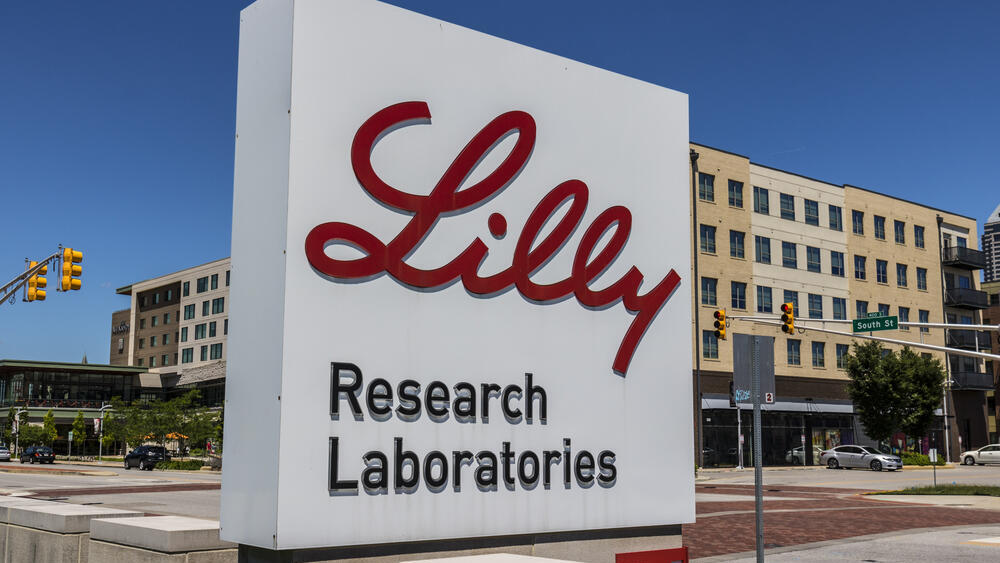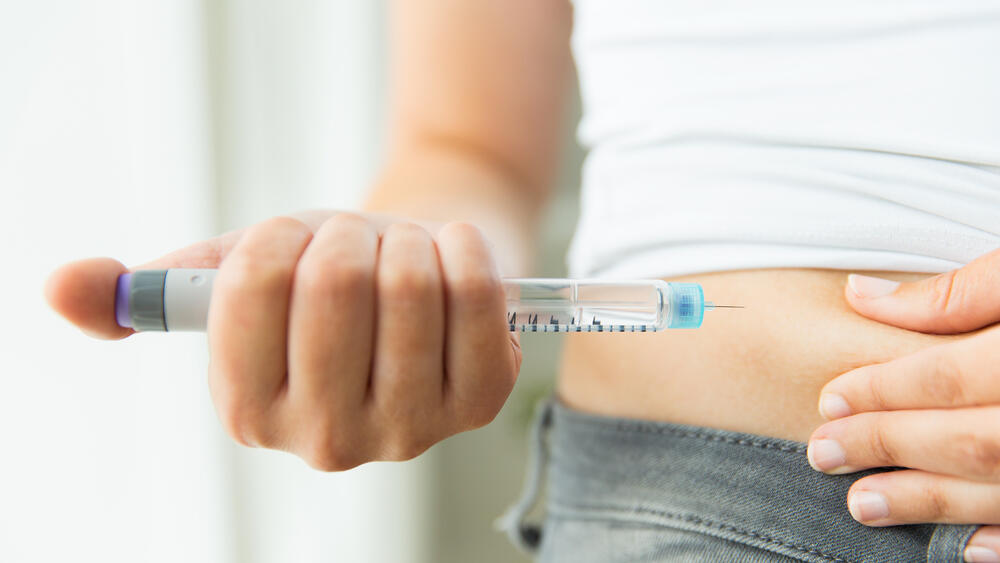Getting your Trinity Audio player ready...
A new clinical trial has yielded promising results for Lepodisiran, an experimental drug from U.S. pharmaceutical company Eli Lilly to reduce cardiovascular disease.
The injectable drug significantly reduced levels of lipoprotein(a) [Lp(a)], a hereditary risk factor for cardiovascular disease, by an average of 93.9% after just two doses six months apart. The findings were presented at the American College of Cardiology’s annual conference in Chicago and published in the New England Journal of Medicine.
Significant reduction in genetic risk factor
"Lp(a) is a cholesterol-like fatty protein determined by genetics, meaning diet, exercise and lifestyle changes don’t affect it," explained Prof. Barak Zafrir, head of the cardiac rehabilitation service at Rambam Health Care Campus.
 Prof. Barak ZafrirPhoto: Rambam Health Care Campus
Prof. Barak ZafrirPhoto: Rambam Health Care CampusAbout a quarter of the global population has high Lp(a) levels, which increase the risk of heart attacks, strokes and aortic valve narrowing. The condition is particularly common among people of African descent.
In the study, 141 participants received a 400 mg dose of Lepodisiran, while 69 others received a placebo. Those given the drug experienced a sharp drop in Lp(a) levels, with effects lasting up to 180 days. Some patients maintained low levels even 18 months later. Side effects were minimal, with no serious adverse events reported.
"We now have a drug that can lower Lp(a) levels in an unprecedented way," said Dr. Steven Nissen of the Cleveland Clinic, who presented the data. "Currently, no approved treatments specifically target this genetic risk factor and lifestyle changes alone aren’t enough. These sustained reductions suggest siRNA-based therapies like Lepodisiran could offer long-term benefits."
Get the Ynetnews app on your smartphone: Google Play: https://bit.ly/4eJ37pE | Apple App Store: https://bit.ly/3ZL7iNv
The Phase 2 ALPACA trial involved three dosage levels: 16 mg, 96 mg and 400 mg, administered in two doses six months apart. A control group received a placebo or only one dose of the drug. Results showed a dose-dependent reduction in Lp(a) levels: about 40.8% for the lowest dose, 75.6% for the mid-level dose and up to 93.9% for the highest.
Safety data was also encouraging. Drug-related side effects occurred in 1% of placebo recipients, 3% of the 16 mg group, 12% of the 96 mg group and 14% of the 400 mg group. No serious drug-related side effects were recorded. One participant in the low-dose group died but the cause was linked to preexisting heart disease.
Further research needed
Dr. Dov Gavish, a senior cardiologist at Shaare Zedek Medical Center and chair of the Israeli Society for Research, Prevention and Treatment of Atherosclerosis, cautioned that while the results are promising, more data is needed. "Right now, we know we can achieve this reduction safely but larger trials are underway to confirm its clinical impact," he said.
 Dr. Dov GavishPhoto: Courtesy
Dr. Dov GavishPhoto: CourtesyGavish was optimistic regarding whether reducing Lp(a) levels lowers the risk of heart attacks and strokes: "Absolutely. This protein promotes inflammation and blood clotting, so reducing it should logically reduce cardiovascular events."
He stressed the importance of screening: "Everyone should know their Lp(a) level, as it helps assess risk and guide treatment. Testing is available at all health clinics. If someone has additional risk factors like high cholesterol, diabetes, obesity, hypertension or smoking, their risk is even greater."
Lepodisiran is part of a broader effort to develop Lp(a)-targeting drugs. Other companies working on similar treatments include Amgen (Olpasiran), Novartis (Pelacarsen) and Silence Therapeutics (Zerlasiran). The drugs use RNA-based mechanisms to suppress Lp(a) production in the liver and require only one injection every few months.
"This is a revolutionary approach," said Zafrir. "We’ve long known Lp(a) is a major inherited risk factor but had no effective way to lower it until now. Lifestyle changes and standard cholesterol-lowering drugs don’t work."
He highlighted Lepodisiran’s long-lasting effect: "A single injection every six months can cut Lp(a) by up to 90%. Even after a year, the levels remain drastically lower."
A Phase 3 trial involving approximately 12,500 patients is now underway to determine whether Lp(a) reduction translates to fewer heart attacks and strokes. "Around 150 patients in Israel are participating, including some at Rambam’s cardiology department," Zafrir noted. "We’ll have the full results in about three years."
At Rambam’s cardiac rehabilitation center, researchers are also measuring Lp(a) levels in heart attack survivors to assess its role in individual patient risk profiles.




